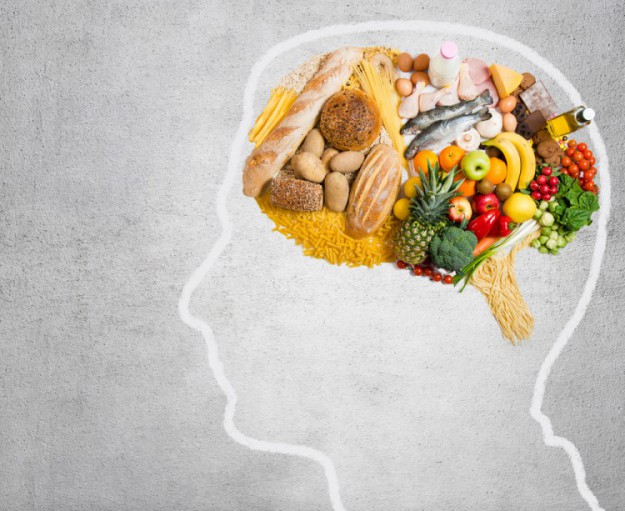Orthorexia: When healthy eating turns into an obsession
mis à jour le 28 August 2015 à 17:53Sometimes watching your diet may not bode well for your health after all. What are the signs of orthorexia? How to identify? We explain here.
When eating well turns into an obsession, that's when orthorexia comes into the picture. What are the signs of this condition? How can we detect it? Well, here are some explanations to this often overlooked condition.
Food is at the centre of life
People affected by orthorexia are obsessed with the quality of their food: they perpetually seek nutritional perfection at the expense of taste and pleasure. Someone affected by orthorexia spends all of their time thinking about their diet to be sure to exclude all additives, preservatives, colouring agents, as well as food that contains too much fat, is too sweetened and has too much salt. Basically anything that does not appear to have any health benefits. They only eat what they cook themselves, because they only trusts their personal choices. Consequently, food becomes a source of permanent anxiety and the person withdraws slowly from any social activity involving food. Far from being harmless, orthorexia is now considered a pathology and can, in some cases, require psychiatric or psychological care.
BRATMAN’S TEST TO DETECT ORTHOREXIA
Steven Bratman, an American doctor, designed a simple and fast test comprising of 10 questions to detect whether a person may be suffering from orthorexia.
1. Do you spend more than 3 hours a day thinking about your diet?
2. Do you plan your meals several days in advance?
3. Is the nutritional value of your meal more important to you than the pleasure of savouring it?
4. Has the quality of your life worsened, while the quality of your food improved?
5. Have you recently become more demanding of yourself?
6. Is your self-esteem strengthened by your will to eat healthily?
7. Have you given up food you liked and replaced it with “healthy” food?
8. Does your diet affect your outings, isolating you from your family and friends?
9. Do you feel a sense of guilt as soon as you rule something out of your diet?
10. Do you feel at peace and in control when you eat healthily?
If you answered 'yes' to more than 4 questions, it may be useful to speak to your doctor, nutritionist, dietician, coach or psychologist because an obsession, no mater for which reasons could have adverse effects.
Maia BAUDELAIRE




